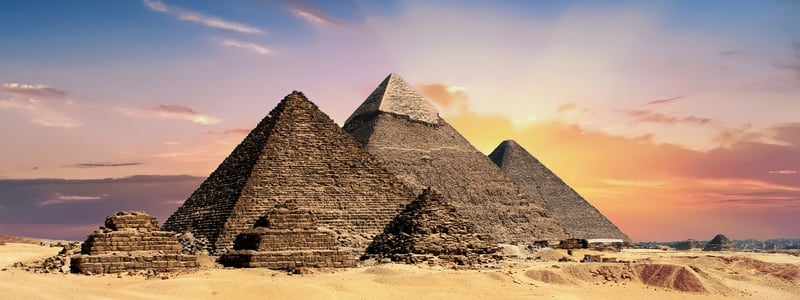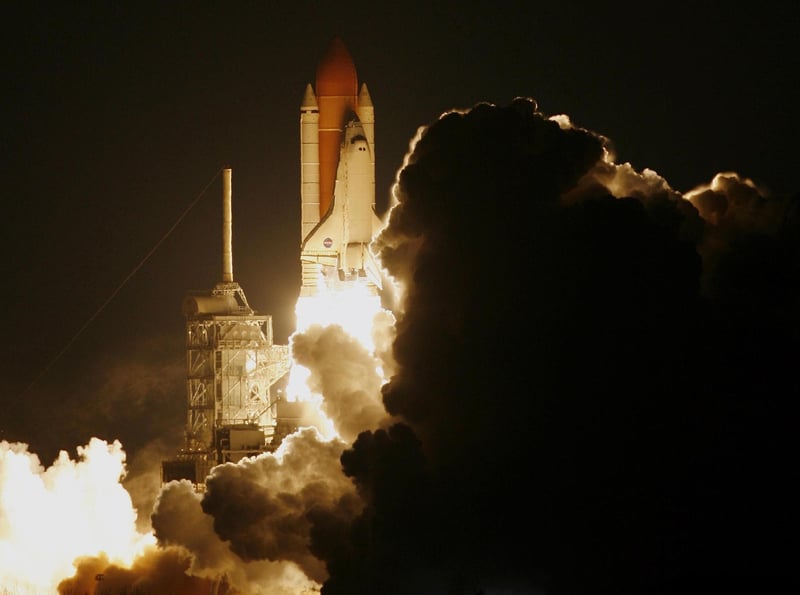Future Exploration
Exploring Different Eras: From the Past to the Future
Introduction
Throughout history, mankind has been driven by the curiosity to explore new frontiers. From ancient civilizations to modern times, each era has brought its own discoveries and advancements. Let's delve into the various eras of exploration and look ahead to what the future may hold.
Ancient Exploration
Ancient civilizations like the Egyptians, Phoenicians, and Romans were early pioneers of exploration. They navigated the seas, built trade routes, and established connections with distant lands, opening up new possibilities for cultural exchange and economic growth.

Age of Discovery
The Age of Discovery in the 15th to 17th centuries marked a period of unprecedented exploration. Explorers like Christopher Columbus, Vasco da Gama, and Ferdinand Magellan set sail to map uncharted territories, leading to the discovery of new continents and the establishment of global trade routes.

Space Exploration
In the 20th century, humanity turned its gaze towards the stars. The Space Race between the United States and the Soviet Union led to groundbreaking achievements like the first human in space, Yuri Gagarin, and the iconic moon landing by Neil Armstrong. Today, space agencies like NASA and SpaceX continue to push the boundaries of space exploration.

Future Exploration
As we look to the future, the possibilities for exploration seem limitless. Advancements in technology, such as AI, robotics, and virtual reality, are opening up new frontiers for exploration beyond our wildest imagination. From deep-sea exploration to Mars colonization, the future of exploration holds endless opportunities for discovery and innovation.
Conclusion
Exploration has always been a driving force in human history, propelling us to seek out the unknown and expand our horizons. As we continue to explore different eras and look towards the future, one thing remains certain – the spirit of exploration will always lead us to new and exciting discoveries.
